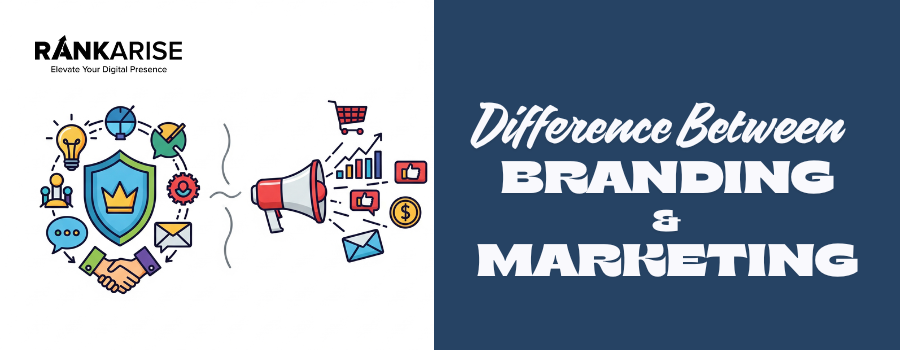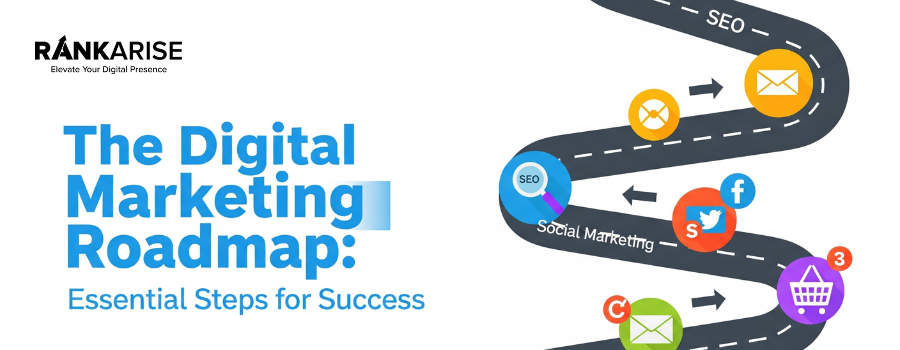Branding and marketing are two fundamental concepts that often get confused, but they serve distinct purposes in building a successful business. Understanding the difference is crucial for crafting effective strategies that grow both your business identity and customer base.
What is Branding?
Branding is the identity and personality of your company. It’s who you are, the core values, mission, culture, and the emotional connection your business creates with customers. It defines the promise you make to your audience and what they can expect from you consistently over time.
Branding answers questions like:
- What are my company’s values and principles?
- What makes my business unique?
- How do I want customers to feel about my brand?
- What image do I want to portray to the world?
It is a deep, long-term process that builds reputation, loyalty, and recognition. Apple is a classic example of powerful branding—their sleek design, customer experience, and innovative spirit build a consistent identity that attracts and retains customers.
What is Marketing?
Marketing encompasses the tactics and strategies used to promote your brand and products. It focuses on creating awareness, generating leads, persuading customers, and driving sales. While branding sets the foundation, marketing is how you communicate your brand promise in the marketplace.
Marketing answers questions like:
- How do I attract new customers?
- What campaigns or channels can I use to promote my products?
- How do I convert interest into sales?
A famous marketing success story is Coca-Cola’s “Share a Coke” campaign, which used personalization and social media buzz to engage customers and drive purchases in the short term.
Key Differences Between Branding and Marketing
| Aspect | Branding | Marketing |
|---|---|---|
| Focus | Long-term identity and emotional connection | Short-term promotion and customer action |
| Purpose | Build trust, loyalty, and reputation | Generate leads and sales |
| Consistency | Stable, consistent, and enduring | Flexible, adapts to trends and goals |
| Questions Answered | Who am I? What do I stand for? | How do I promote and sell? |
| Examples | Logo, mission, tone, culture | Ads, campaigns, SEO, social media posts |
Branding Is Not Overnight Success
A common misconception is that branding happens quickly. In reality, branding is a gradual, ongoing effort. It requires consistent messaging, customer experience management, and aligning internal culture with external perceptions. It takes months or even years of purposeful work before a brand truly resonates with its audience and builds lasting loyalty.
As Jeff Bezos said, “Your brand is what other people say about you when you’re not in the room.” This sentiment highlights that branding is about building a reputation over time, which cannot be rushed or faked.
Quotes on Branding and Marketing
- “Marketing is telling the world you’re a rock star. Branding is showing the world you are one.” — Robert Walter
- “A brand for a company is like a reputation for a person. You earn reputation by trying to do hard things well.” — Jeff Bezos
- “People do not buy goods and services. They buy relations, stories, and magic.” — Seth Godin
FAQs
Q: Can a company succeed with marketing but no branding?
A: Short-term success is possible with marketing campaigns, but without branding, customer loyalty and long-term growth will be limited.
Q: How often should a brand’s identity change?
A: Branding should largely remain consistent but can evolve carefully with company growth or market shifts to stay relevant.
Q: What comes first, branding or marketing?
A: Branding is foundational and should be defined first, so marketing efforts are aligned with your brand’s true identity.
Q: Can marketing influence branding?
A: Yes, marketing campaigns reinforce and communicate a brand’s message, shaping public perception.
Long story in short, branding is the soul of your business, defining who you are and what you stand for, while marketing is the voice that shares your story with the world. To build a successful business, embrace both: invest time in your brand foundation and use smart marketing to connect, engage, and grow your audience.

